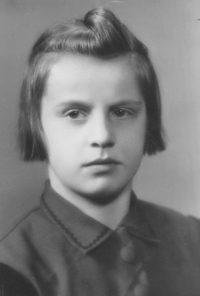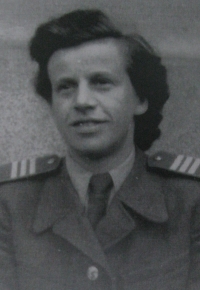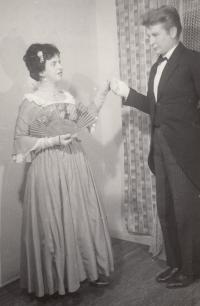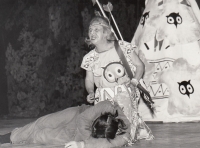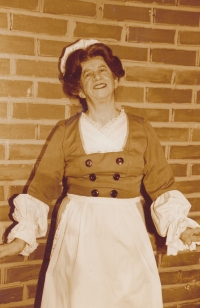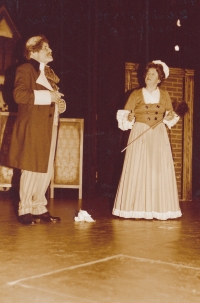It was disgusting. I have learned my lesson
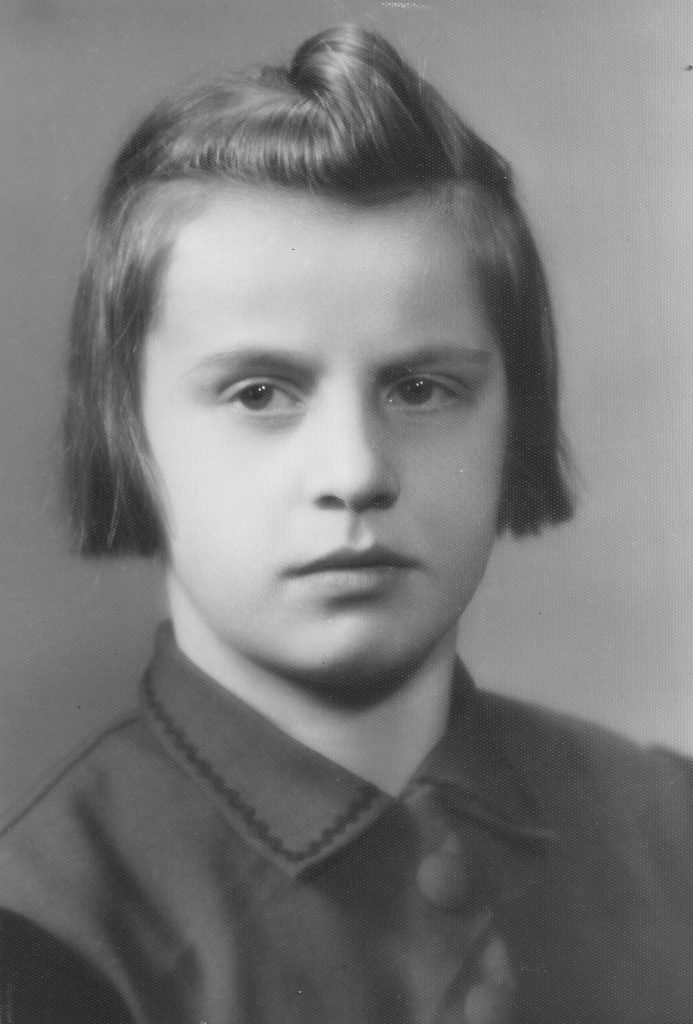
Download image
Božena Saláková was born on the 12th of November 1930 in Kvášňovice in the southern Pilsen region into a family of farmers. From a very young age, she had to help out with the work. In 1939 she witnessed the occupation of the remaining territory of Czechoslovakia by the German army. Shortly thereafter, as farmers, they had to hand over a part of their harvest. The forced deliveries ended with the arrival of the American army in May 1945. After the war, she was unable to continue her education because she had to continue to help out with work at home. During this period, like a significant number of her peers, she joined the Union of Czech Youth, which merged organizationally with the Czechoslovak Youth Union after the 1948 communist coup. Although her family was also affected by the collectivization of agriculture, which did not fundamentally harm them, she joined the Communist Party of Czechoslovakia in 1952. A year later she also joined the Public Security Service (contemporary Police). In 1957, however, due to family problems, she terminated her employment and found a new job at the Home for Pioneers and Youth in Horažďovice, where she remained for the next thirty years until her retirement in 1987. In the meantime, however, she was contacted by military counterintelligence, to whom she lent a room that was used as a conspiracy apartment. However, she never received any benefits from this, nor did she meet any agents or relay any information. After retirement, she remained faithful to her lifelong passion, which is the amateur theatre in Horažďovice, where she still lives in 2022.
